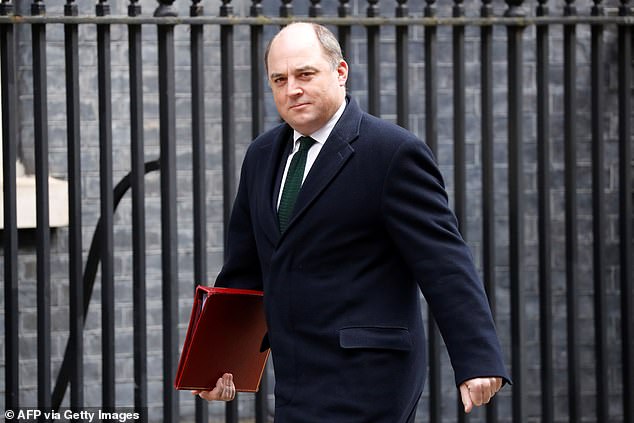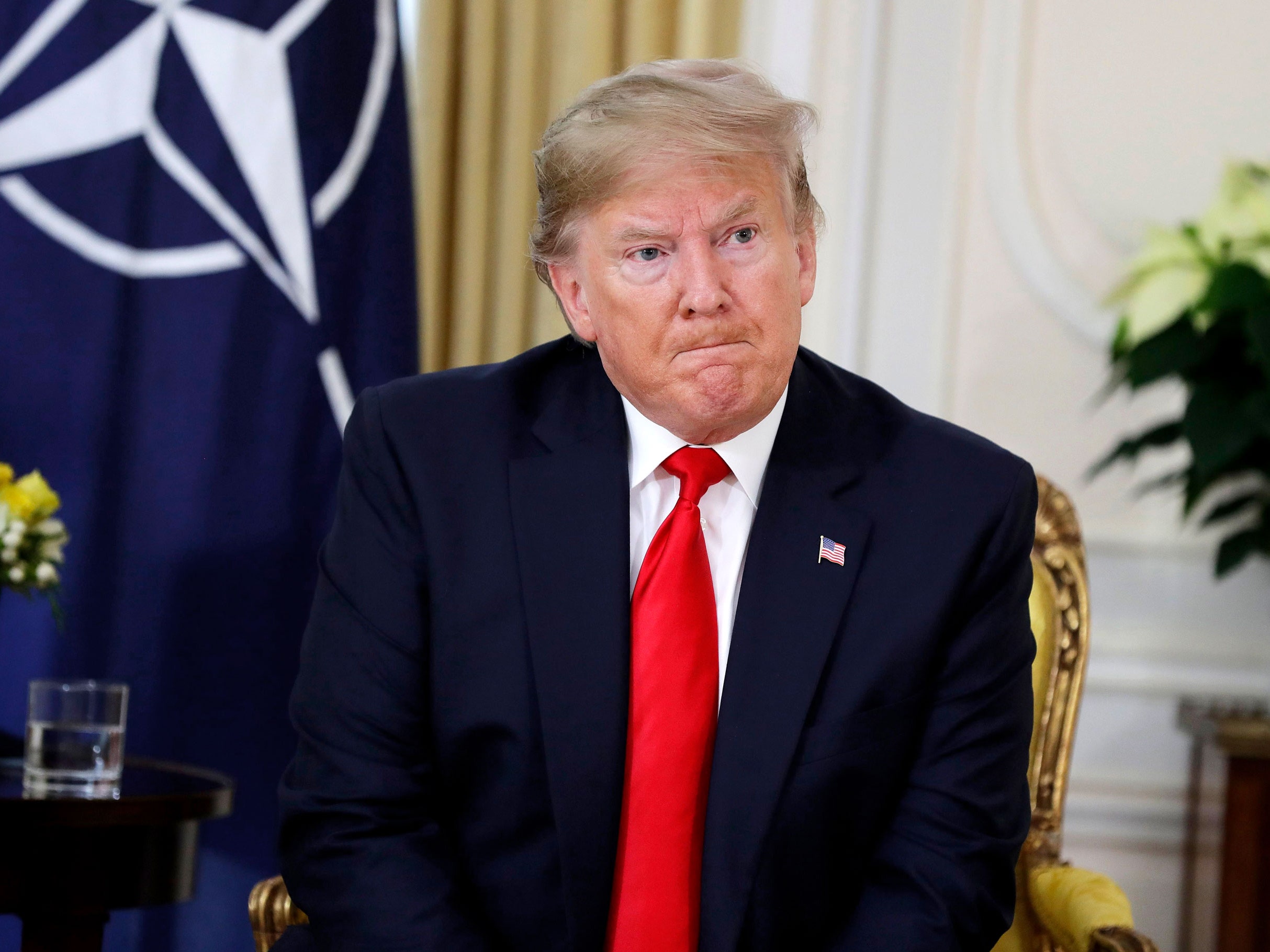In an exclusive interview with The Times, Defence Secretary Ben Wallace (Conservative MP for Wyre and Preston North) continues to talk up the risks the UK faces as a result of increasing geopolitical instability, including the growing threat from a resurgent Russia. To those close followers of the UK defence and security debate, this will sound extremely familiar, as the MoD’s communications during the Integrated Review have remained remarkably consistent.
Problems with Previous MoD Communications Plans
In the build up to, during, and in the immediate aftermath of previous defence reviews, the MoD has traditionally been very poor at identifying a consistent message and then keeping to it. There are a number of reasons for this. In the first instance, most reviews have signalled a reduction in resources available for Defence, leaving the single service chiefs to fight for their slice of an ever-decreasing pie. The result has been unsightly inter-service squabbling, which is always exacerbated by the retired admirals, generals and air marshals community, who like nothing better than promoting the interests of their own service while, at the same time, denigrating the other two. When the future of the army, navy or air force is threatened, the wider MoD message doesn’t get a look in.
In addition, for a considerable period after the end of the Cold War, it was very difficult for the MoD to convince both politicians and the general public of the ongoing need to invest in Defence. As Lawrence Freedman wrote in the late 1990s, the removal of the Soviet threat had prompted ‘the awkward question of whether there was anything left that the country really needed to defend against’.
Messaging from the Chief of the Defence Staff
As long ago as December 2019, General Sir Nick Carter, Chief of the Defence Staff, was preparing the ground for the Integrated Review, even if, at the time, it hadn’t even been labelled as such. In his annual lecture at the Royal United Services Institute (RUSI), he outlined the armed forces’ need to ‘mobilise, modernise and transform’ to meet the challenges that the return to an era of great power competition would bring.
This was backed up in an evidence session to the House of Commons Defence Committee in July 2020, where he described the strategic context as being dynamic, complex and with the defining condition being instability. At the same time, he also introduced the challenges of persistent competition, from the likes of Russia, China and Iran, and the challenges brought about by a rapidly evolving character of warfare.
These issues were again to the fore in September, when General Carter introduced the MoD’s Integrated Operating Concept at a virtual event hosted by Policy Exchange. Finally, and most recently, the same message was presented at his Annual RUSI Lecture in December 2020.
Messaging from the Defence Secretary
At the same time, the Defence Secretary has been peddling a similar message. Back in January, he recognised the need to diversify UK military capability, citing an over-dependence on US assets and the possibility of having to operate without the US in the future. While the election of Joe Biden may have decreased the likelihood of the US withdrawing from its role of leading Western defence, the need for a recapitalisation of hardware across all three services remains a priority for Wallace.
In a webinar on defence reform last December, the Defence Secretary repeated his recognition of the need for change and investment and also echoed General Carter’s warnings about a resurgent Russia and a rising China.
Conclusion
Most defence and security commentators believe that the world is far more unstable than it was a decade ago, and that countries such as Russia, China and Iran are forcing a rapid change in the character of warfare, including intentionally blurring the lines between peace and war. The risks and dangers that this presents to the West, and to the UK in particular, have given the MoD the foundations of a consistent message to further its ambitions through the Integrated Review. By restricting the delivery of that message to the highest level, i.e. the Defence Secretary and the Chief of the Defence Staff, the opportunity for single service chiefs to advance their own causes have been minimised. Whatever, the final outcome turns out to be, one thing is for sure. The MoD’s Integrated Review communications has been a strong hand played well.






